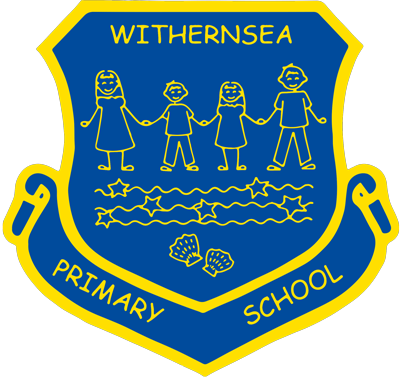Restorative Practice
Restorative Practice enables the building, maintaining and repairing of relationships. The philosophy embodies a set of values and principles and a way of working with people that provides a common language and approach and enables the practice to be taught.
What are the key principles
Restorative Practice is underpinned by values of empathy, respect, honesty, acceptance, responsibility, and mutual accountability.
Restorative Practice has main goals are:
- Building and repairing relationships to work in ways that are respectful and engaging, enabling participants to develop understanding and empathy and the impact of their behaviour both positive and negative. Additionally to work in ways that enable participants to put right relationships when harm has been caused.
- Empowerment of individuals, groups and communities. Restorative Practices aims to support these groups to build confidence and control over their own lives. RP tries to meet the needs of community through strategies that build relationships and empower families, schools and communities to take responsibility for the well being of its members.
- Mutual Accountability – Restorative Practice provides opportunities for wrongdoers to be accountable to those they have harmed, and enable them to repair the harm they caused to the extent possible.
- Cultural Sensitivity – Restorative Practices is culturally sensitive enabling participants to conduct processes and meeting in line with their own traditions and culture.
- Shared responsibility – the approach builds on the knowledge, skills and resources in both formal helping agencies and services and informal family and community network to work together; sharing responsibility knowledge, skills and resources for the well-being and of children and young people.
Outcome and Solution Focused – Restorative Practice aims to focus on outcomes and solutions using the results for children as the basis for all action. This will increase the pro-social skills of those who have harmed others, address underlying causes and enable people to build on strengths. The outcome and decision in response to behaviour that has affected others may involve an appropriate sanction. This is discussed with all parties to ensure that the process is fair, mutually agreed and relevant to the nature of the behaviour.
Our restorative community equips our pupils with the skills to recognise and manage their own feelings and nurture their relationships within the school. Daily community circles ensure ALL pupils have a voice and thrive in an environment that promotes respect and appreciation of differences, therefore the school is a safe and happy place to be where pupils learn to resolve their problems in an effective and mature way.
Restorative questions scaffold our conflict resolution. Some of these are;
- What happened?
- What were you thinking about at the time?
- What have your thoughts been since?
- Who has been affected by what happened?
- In what way have they been affected?
- What do you think needs to happen next?
Working restoratively creates a safer, more productive and a more caring environment for all.
‘Leaders have made significant improvements to early years provision. As a result, children
are making a strong start in building their skills in reading, writing and mathematics.’
‘thank you for keeping me safe’
Pupils are making good progress in improving their reading, writing and mathematical skills. Pupils’ progress in key stage 1 is particularly strong. Pupils are developing a range of exciting vocabulary in their writing. Pupils’ handwriting and spelling are weaker.
‘Most-able pupils and those who have special educational needs (SEN) and/or disabilities generally make good progress because teachers match tasks carefully to their needs.’
‘its really fun, it makes learning fun’
‘I love school, its a good place to learn’…
‘Pupils who are experiencing significant turbulence in their lives are well supported. As a result, they stay engaged in their learning.’
‘Pupils behave well in the classroom and around the school. Teachers support pupils with
identified behaviour difficulties well.’
‘Leaders, including governors, understand the strengths and weaknesses of the school’s work.
They take decisive action to secure improvement. Consequently, the gaps in the progress made by different groups of pupils are diminishing.’
‘The curriculum supports pupils in developing positive attitudes to learning. Leaders have linked activities closely to pupils’ interests and aspirations. This has been particularly successful in engaging boys.’
‘I love school’ …
‘You have all been amazing. I hope all you teachers are proud of yourselves for the way you have conducted things throughout this pandemic. Proud to say my children are students at Withernsea Primary School’
‘I would like to say thank you to everyone at Withernsea Primary School for everything you have done…..you have all been amazing’
‘I love school, its amazing, its like a second home’
‘the teachers explain really well’
‘Teaching is improving. Teachers are successful in keeping pupils on task. They offer pupils activities which catch their imagination and motivate them to do well.’
‘ I would just like to say what a great help all the teachers and staff at Withernsea Primary School have been to parents/grandparents and carers during these very strange last months. Thank you’



